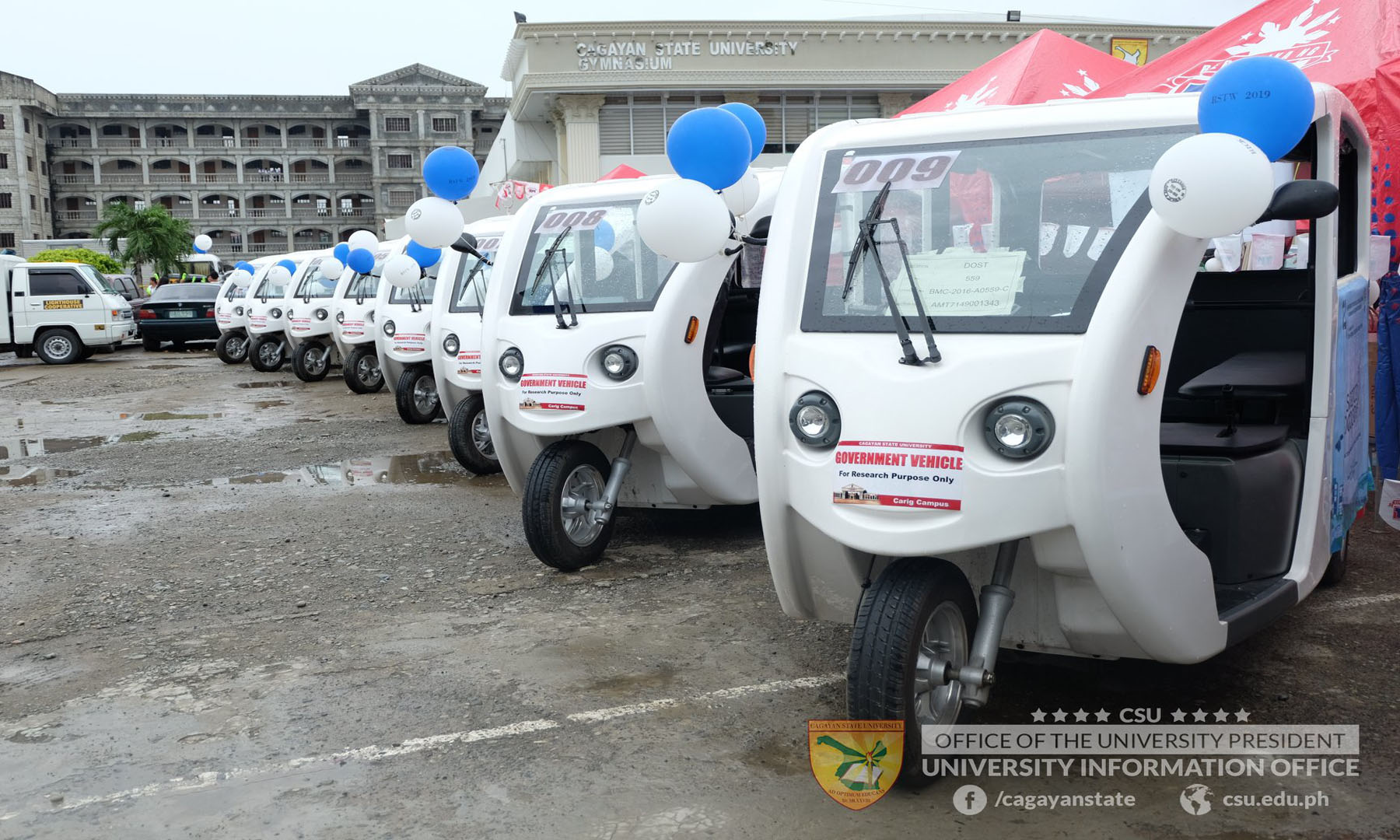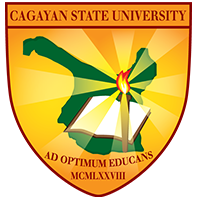



Posted on July 5, 2021

CSU study reveals the benefits of electric tricycles over regular tricycles as an alternative form of transportation, enabling a cleaner and healthier substitute to the traditional tricycle.
This is what the findings of the DOST-funded E-trike Deployment and Utilization Project and the Demonstration of Electric Vehicle Fast Charging Station Project of CSU proved as it set to promote the reduction of carbon dioxide emission through the possible implementation of the use of e-vehicles in the future.
Ten e-Trikes were compared to two 4-stroke and two 2-stroke tricycles which are the current available transport units in the market. Based on the study, the findings showed that the e-trikes are capable of traveling up to 80,000 km, that the mileage performance decreases as load increases, that it can accommodate maximum road, and that it can be charged through traditional or fast-charging equipment. The study also found that e-trike utilize less energy and are more economical than 4-stroke and 2-stroke tricycles. Thus, e-Trikes can generate savings for tricycle drivers.
Moreover, e-Trikes were also found to be a potential electronic vehicle within the government center and in Tuguegarao City. The personnel of the government regional center, to which the e-trikes have been pilot tested, also showed acceptance of the use of e-trikes as a means of transportation.
CSU Carig Campus CEO Arthur G. Ibañez, who spearheaded the projects, said that these projects became the springboard for establishing the Electro Mobility Research and Development Center (eMRDC) in the Philippines with its operation in Tuguegarao City through Cagayan State University. The center shall be working on the design, fabrication, and development of the different e-Trike parts and the viability of the conversion of the traditional tricycle to e-Trike. As part of the electronic vehicle transportation and the energy conservation plan of the country, the e-Trike’s capacity to emit less carbon dioxide will be beneficial to the reduction of pollution-related illnesses and reduce air pollution. The projects are in collaboration with the Department of Science and Technology - Philippine Council for Industry, Energy, and Emerging Technology Research and Development (DOST-PCIEERD) and the Department of Energy as funding agencies.
The projects were made possible through the support and leadership of President Urdujah Alvarado and former DOST Regional Director and now USEC. Sancho Mabborang.
Caritan Sur, Tuguegarao City, Cagayan Valley 3500
Phone: (078) 844-0098/0099 Loc. 122
Email: president@csu.edu.ph
